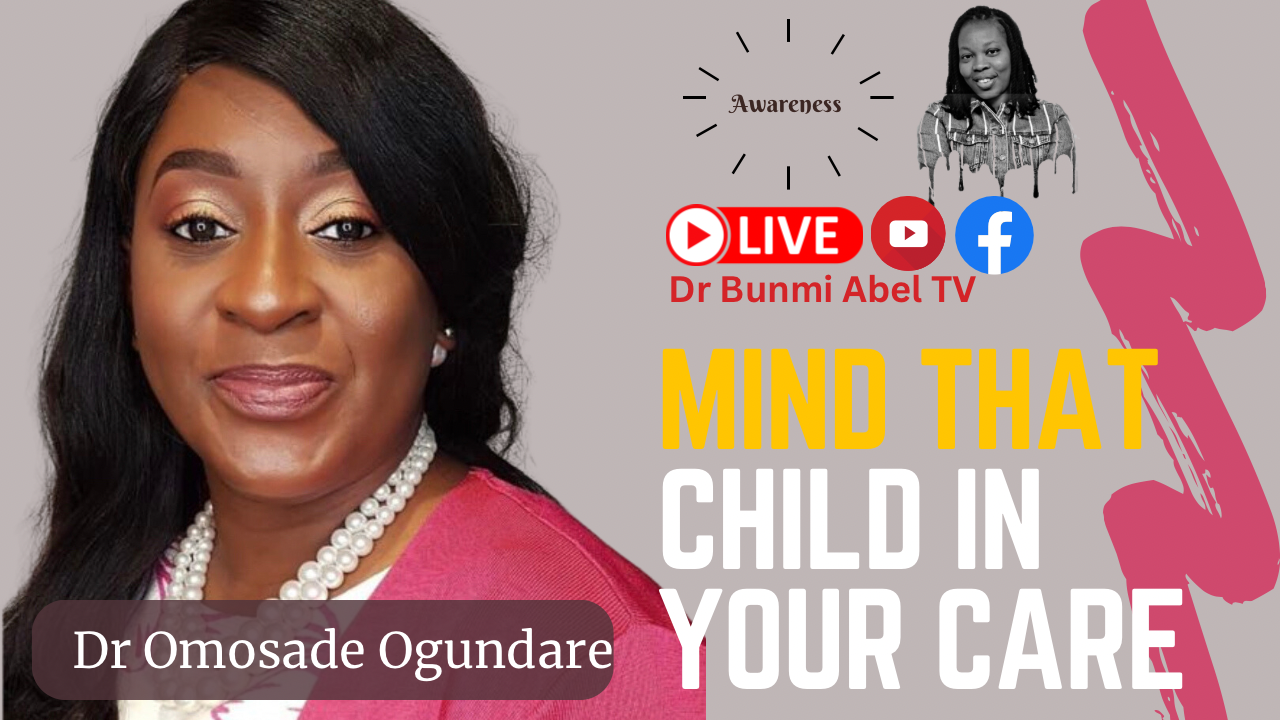Child mental health is a critical aspect of a child's overall well-being and development. It refers to a child's emotional, psychological, and social well-being, encompassing their ability to manage emotions, build healthy relationships, and adapt to the challenges of life. Here are some key points to consider when discussing child mental health:
-
Early Development: Mental health in children begins in infancy and early childhood. Healthy emotional development during this period lays the foundation for future mental and emotional well-being.
-
Risk Factors: Several factors can impact a child's mental health, including genetics, family dynamics, exposure to trauma or violence, socioeconomic status, and access to healthcare and support services.
-
Common Mental Health Issues: Common mental health issues in children include anxiety disorders, depression, attention-deficit/hyperactivity disorder (ADHD), conduct disorders, and autism spectrum disorders. These conditions can manifest differently in children than in adults.
-
Signs and Symptoms: Recognizing the signs of mental health issues in children is essential. These signs may include changes in behavior, mood swings, withdrawal from social activities, changes in sleep or eating patterns, academic difficulties, and expressions of fear or worry.
-
Importance of Early Intervention: Early intervention and treatment are crucial for addressing mental health challenges in children. Timely support can prevent these issues from worsening and impacting the child's long-term well-being.
-
Stigma Reduction: Reducing stigma around child mental health is essential to encourage parents, caregivers, and children themselves to seek help when needed. Mental health conditions should be viewed and treated like any other medical condition.
-
Supportive Environment: A supportive and nurturing environment at home and school plays a vital role in promoting child mental health. Positive relationships with caregivers, friends, and teachers can provide emotional security and stability.
-
Preventive Measures: Encouraging healthy habits, such as regular physical activity, balanced nutrition, and adequate sleep, can contribute to better mental health. Additionally, teaching children coping skills, emotional regulation, and problem-solving strategies can be preventive measures.
-
Access to Care: Ensuring access to mental health services for children is essential. This includes pediatricians, child psychologists, therapists, and school counselors who can provide the necessary support and treatment.
-
Community Involvement: Communities can play a significant role in promoting child mental health through education, awareness campaigns, and support networks. Schools, in particular, can implement programs to address mental health issues and provide resources for children and families.

